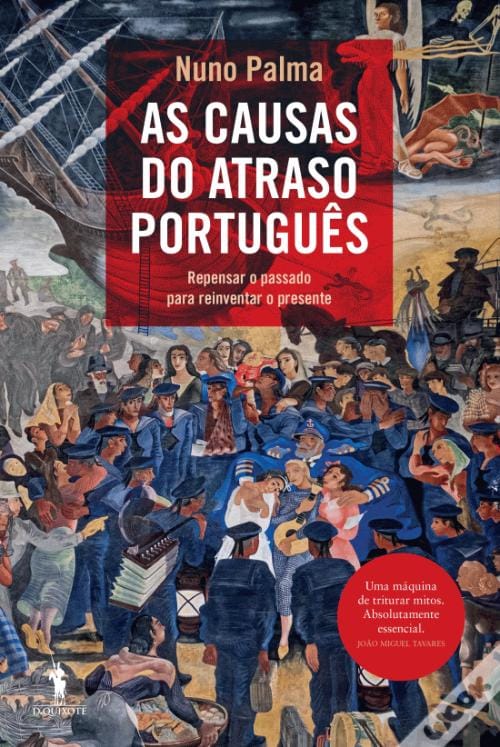By Yuval Noah Harari (2015)
Pages: 450, Final verdict: Great-read
Ever since Sapiens: A History of Mankind came out in 2014, Yuval Noah Harari has taken over the world of publishing by storm. Sapiens, which we reviewed last year, recounts the history of our species through the 3 revolutions - Cognitive, Agricultural and Industrial - that turned the descendants of apes into the rules of our planet. Homo Deus builds on top of all that history and asks: What will be the fate of Homo Sapiens in the 21st century? Will Homo Sapiens continue to thrive or are we on the cusp of a new evolution of our species?
All of our problems have been solved
You are now more likely to die from the Nutella overload you had yesterday than from hunger. The past century saw the unprecedented development of our society, and the problems that preoccupied our ancestors for thousands of years - famine, plague and war - are about to be extinct. Yes, there is still war in Syria and the occasional outbreak of a virus (like Ebola in 2016), but those are all but unfortunate episodes of what used to be the norm. In fact, today, more people die because of suicide than the one who perishes in the hands of war and violent crime. Famine and malnutrition killed 1M people in 2014, while obesity alone took the lives of 3M of us.
Homo Deus kicks-off with these comforting messages, only to tear them apart and warn us that, despite all this progress, the 21st century is going to be tougher than it seems. And as we fight towards immortality, divinity and happiness, we may encounter a future we are unprepared for.
"The era when mankind stood helpless before natural epidemics is probably over. But we may come to miss it." - Yuval Noah Harari
The first 2 chapters of the book are an anthropological mission to describe what made us the narcissist species we are today. Starting with our relationship with other animals, the book explores how (and why) we can from living in harmony with the animal kingdom to dominating role we have today. In the process, we learn about horses that know math, how farmers created religion and chimpanzees that strategize in zoos, all in pursuit of what makes Homo Sapiens so special. Building on this first section, the second chapter is about the rise of humanism, and how this philosophical stance has overtaken gods and has come to define the meaning of our lives. This journey takes us through capitalism and communism, how nukes saved us from WWIII and why our obsession with economic growth in bringing us very close to ecological collapse.
"On the practical level modern life consists of a constant pursuit of power within a universe devoid of meaning." - Yuval Noah Harari
Data is the new religion
Our view of the world is steered by our ideas of democracy, human rights and individual freedom. But what will happen if the next century defies these deeply-rooted dogmas of our society? If advances in artificial intelligence, coupled with a transformative domain of genetics and human biology turns most of us into (military and economical) useless species, how will that define our species? This is the thought-provoking question that the last chapter attempts not to answer, but help us reflect on.
Scientific breakthroughs are turning scientists into gods. As we get closer to a deep understanding of how our brain works, two things are becoming clear: all organisms are algorithms, and by understanding the rules that control those algorithms, we can redefine what intelligence is.
Not that we will build robots that have feelings. What we will do - and are already seeing with IBM Watson or Google DeepMind - is decouple consciousness, which is what makes us laugh, love and cry, from intelligence, which is about more about the decisions we take than about the beliefs we hold.
Data is at the centre stage of this revolution, and Yuval argues there is little we can do to stop it. This transformation is just starting and there is no deterministic outcome for how the developments of AI and biotechnology will evolve over the next decades.
What Yuval does so well is making us think. Think about our world as data-processing systems, about what the latest research and breakthroughs in life sciences mean for our own individuality and making us feel like we are leaving homeland and about to enter uncharted territory.
Bottom line
Homo Deus is not quite what I expected. With Sapiens, Yuval transported us back in time with a captivating story that was historically rich and thought-provoking at the same time. I thought Homo Deus would take that and challenge us to think about what our future holds. Instead, about 2/3s of the book feel like a repetition of Sapiens. Yes, they are entertaining, insightful stories of how we came to where we are today, but just not what I expected from a book entitled "Brief History of Tomorrow". The last chapter is where the book comes to life, with Yuval introducing how the advances in computer science and biology are poised to fundamentally change our species.
As a standalone book, Homo Deus will challenge you to think about humankind in a broader, deeper perspective. You will learn about our origins, recent past, and our future. But if you already read Sapiens, I'd probably skip it and watch one of his latest interviews about the future instead.



